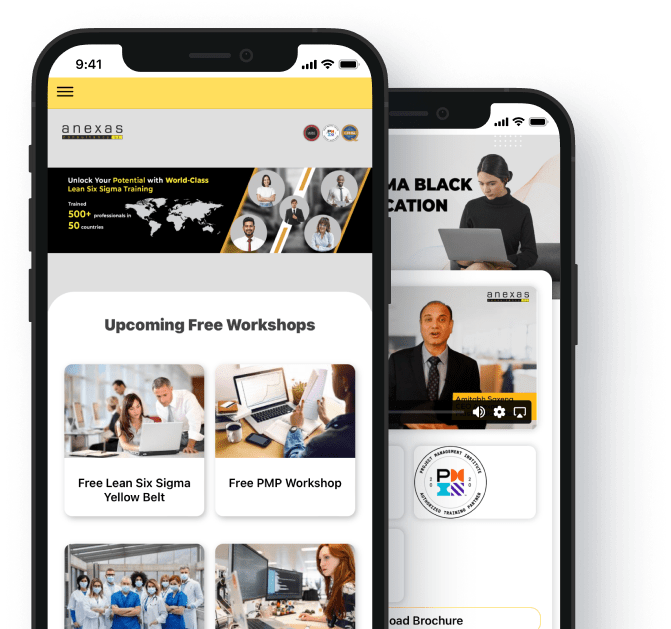Certified Professional In Healthcare Quality
Master Efficiency and Drive Quality with healthcare methodologies
4.7
(35,000)
(35,000+ students enrolled)
Course Description For CPHQ Course
Empower your career with the best course for a top career in the healthcare industry- the CPHQ course. Whether you’re a Doctor, Quality Director, Medical or Nursing Director, Quality Officer or Coordinator, Accreditation Officer, Healthcare Administrator or Manager, or Healthcare Professional aspiring to managerial roles, this course is tailored to your needs. Even Senior Nurses, Lab Technicians, Physicians, Risk Managers, Case Managers, and more can benefit greatly.
By enrolling in our comprehensive CPHQ course, you’ll be equipped to excel in the CPHQ exam, gain high recognition in your field, expand your skill set, and unlock new opportunities for a more substantial salary package. Our goal is to provide you with the knowledge and confidence to tackle every question you might encounter on the CPHQ examination.
Designed specifically for healthcare professionals, our CPHQ course is strategically crafted to ensure your success in passing the CPHQ certification exam. Take the leap towards advancing your career and join us on this transformative journey today.
What you'll gain
- Assess current status of healthcare activities and operations in hospitals.
- Pass CPHQ exam in the 1st attempt conducted by NAHQ.
- Implement, review and interpret requirements of different healthcare international standards.
- Identify the root cause of healthcare problems as well as identify potential opportunities.
- Identify key performance in measuring effectiveness of hospital healthcare systems.
- Reduce mistakes in diagnosis, treatments and healthcare examination
- Reduce mistakes in healthcare operational procedures.
- Develop effective healthcare plans for writing reports and audit and non-conformists
- Ensuring stability of the healthcare system improvement and performance
- Interactive online live training with Amitabh Saxena a well known name in CPHQ world.
- 600+ mock questions and 5 mock exams
- Lifetime access to online training videos to support the learning.
- All study material required for the training.
- Free eBooks and International recognition.
- Learn from expert trainers with 33+ years of experience .
- Two free follow up online sessions 1 hour each with expert coaches.
- Lifetime membership to Anexas Alumni group.
- Life Time Tuition waiver for repeating the CPHQ training anywhere in the world by just paying the administrative charges.
- One on one revision session before the certification exam.
- Online Customer Support 24*7.
Course Content
1. Quality Leadership and Integration
A. Strategic Planning
- Advise leadership on organizational improvement opportunities
- Assist with the development of action plans or projects
- Assist with establishing priorities
- Participate in activities that support the quality governance infrastructure
- Align quality and safety activities with strategic goals
B. Stakeholder Engagement
- Identify resource needs to improve quality
- Assess the organization’s culture of quality and safety
- Engage stakeholders to promote quality and safety
- Provide consultative support to the governing body and key stakeholders regarding their roles and responsibilities related to quality improvement
- Promote engagement and inter-professional teamwork
2. Performance and Process Improvement
- Implement quality improvement training
- Communicate quality improvement information within the organization
- Identify quality improvement opportunities
- Establish teams, roles, responsibilities, and scope
- Participate in activities to identify innovative or evidence-based practices
- Lead and facilitate change
- Use performance improvement methods (e.g., Lean, PDSA, Six Sigma)
- Use quality tools and techniques (e.g., fishbone diagram, FMEA, process map)
- Participate in monitoring of project timelines and deliverables
- Evaluate team effectiveness
- Evaluate the success of performance improvement projects and solutions
3. Population Health and Care Transitions
- Identify data and resources that are important in determining the health status of
defined populations - Identify population health management strategies to integrate into improvement
initiatives - Incorporate prevention, wellness, and disease management solutions into
improvement initiatives - Incorporate techniques to address health disparities and promote equity into
improvement initiatives - Analyze and use clinical, cost, equity, and social determinants of health data to drive and monitor improvement efforts
- Identify opportunities for improvement in care transitions
- Collaborate with stakeholders to improve and optimize care processes and
transitions - Incorporate concepts of social determinants of health into improvement activities
4. Health Data Analytics
A. Data Management Systems
- Assist in evaluating and developing data management systems to support quality
improvement - Design data collection plans:
- Measure development (e.g. definitions, goals, thresholds, numerators,
and denominators) - Tools and techniques
- Sampling methodology
- Measure development (e.g. definitions, goals, thresholds, numerators,
- Identify and select measures (e.g. structure, process, outcome, experience)
- Collect and validate quantitative and qualitative data
- Identify external data sources for comparison and benchmarking
- Design scorecards and dashboards for different audiences
B. Measurement and Analysis
- Use data management systems for organization, analysis, and reporting of data
- Use data visualization and display techniques
- Use measurement tools to evaluate process improvement
- Use statistics to describe data and examine relationships (e.g., measures of central tendency, standard deviation, correlation, regression, t-test)
- Use statistical process control techniques and tools (e.g., common and special cause variation, control charts, trend analysis)
- Compare data sources to establish benchmarks
- Interpret data to support decision-making
5. Patient Safety
- Identify technology solutions to enhance patient safety
- Facilitate the ongoing evaluation of safety activities
- Apply techniques to enhance the culture of safety within the organization
- Integrate safety concepts throughout the organization
- Use safety principles (e.g., human factors engineering, high reliability, high-performance teams, systems thinking)
- Participate in safety and risk management activities related to:
- Safety event/incident reporting
- Sentinel/unexpected event review
- Root cause analysis
- Proactive risk assessment
6. Quality Review and Accountability
- Apply standards, best practices, and other information from quality-related organizations
- Evaluate compliance with internal and external requirements for:
- Clinical practice guidelines, pathways, and outcomes
- Quality-based payment programs
- Documentation
- Practitioner performance evaluation
- Patient experience
- Identification of reportable events for accreditation and regulatory bodies
- Maintain confidentiality of performance/quality improvement records and reports
- Implement and evaluate quality initiatives that impact reimbursement
7. Regulatory and Accreditation
- Evaluate appropriate accreditation, certification, and recognition options
- Promote awareness of statutory and regulatory requirements within the organization
- Support processes for evaluating, monitoring, and improving compliance with organizational, state, and federal requirements
- Maintain survey or accreditation readiness
Key Benefits of CPHQ Course
Enhance your career with CPHQ certification
Hone your problem-solving, leadership, and healthcare quality improvement skills and advance your professional skill set.
Join the healthcare industry
The CPHQ certification equips you with specialized knowledge and skills applicable across various healthcare settings, allowing you to choose and excel in the healthcare industry.
Internationally available opportunities
Get international opportunities. CPHQ is a globally recognized certification that is valued in healthcare organizations worldwide.
Become an internal consultant or an adviser to your company
Achieve better job roles and salaries after becoming a certified CPHQ professional, offering your expertise as an internal consultant or adviser in healthcare quality.
Deepen your healthcare understanding
CPHQ certification encourages you to think outside the box, providing a clear insight into healthcare systems and quality improvement strategies.
CPHQ Course Salary Benefits
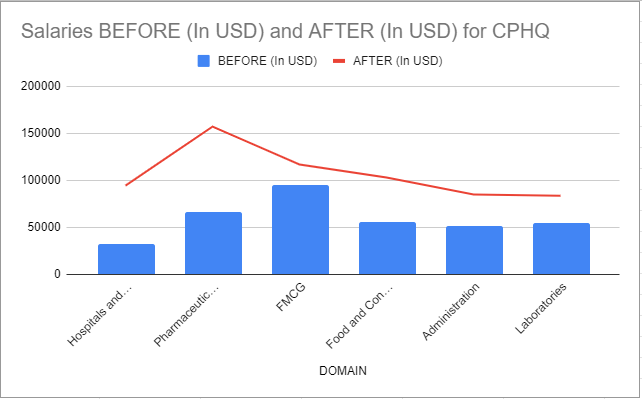
Learning from the Best trainer
Amitabh Saxena
Lean Six Sigma Master Black Belt | CEO, Anexas Europe
Amitabh Saxena, CEO of Anexas Europe has done some great work in the quality domain. He has an experience of more than 33 years. He is also the founder of Anexas and will be your trainer for the course. He has consulted Fortune 100 organizations including ADNOC, Dell, SABIC, Aramco, Ministry of Health, DP World, Alfuttaim Motors, EMC2, Bank Muscat, TATA Business services, Deloitte , TATA motors finance ltd, Steel authority of India, Indian railway , Colgate Palmolive , Novartis, Novozymes Denmark, HP, Tech Mahindra, Reliance, Bharat Petroleum, Maersk ,Cisco and the list goes on.
₹20,000.00 Original price was: ₹20,000.00.₹12,000.00Current price is: ₹12,000.00.
This course includes
- 28 hours of Live interaction
- Study materials
- Certificate of completion
- Digital badge
- 10+ complementary courses
- Community Access
Accredited By
Trusted by over 15,000 companies and millions of learners around the world
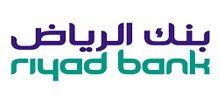


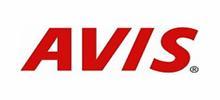
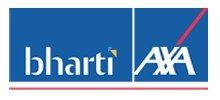
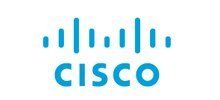
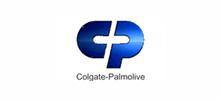
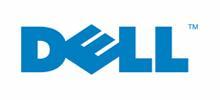
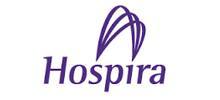

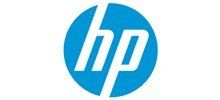
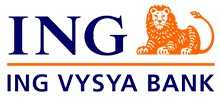
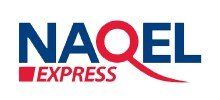
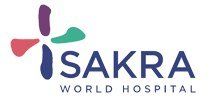
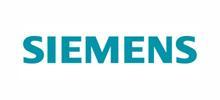
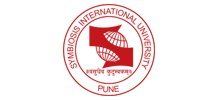
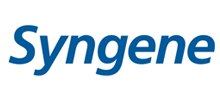
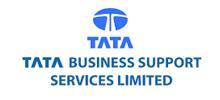
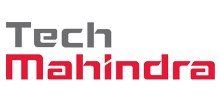
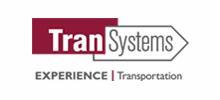
Training options for CPHQ
Self Paced Learning
Features
- Recorded Sessions of all CPHQ concepts- By Amitabh Saxena.
- Project guidance with Amitabh Saxena.
- Certified CPHQ trained certificate by Anexas Europe.
- Lifetime access to learning videos.
- Training material provided.
- One FREE online session with Amitabh Saxena.
Features
- 28-32 hours for Course completion.
- Live interaction with instant query clarification.
- Trained CPHQ Certificate from Anexas Europe.
- Access to learning videos.
- All training material will be provided.
- One free session with Amitabh Saxena.
- Diverse training batch
- Flexible timings
Classroom Training
Features
- 28-32 hours for course completion.
- Live interaction with instant query clarification with Amitabh Saxena.
- Work on demo projects during the training.
- Trained CPHQ Certificate from Anexas Europe.
- Access to Learning videos.
- Mock questions for better understanding of concepts
Corporate Training
Features
- Customized duration for the course depending on the organization.
- Live interaction with instant query clarification with Amitabh Saxena.
- Company Specific training with company related examples and case studies for better understanding.
- Certified trained CPHQ certificate by Anexas Europe.
- Demo project completion to enhance Leadership and other major Healthcare Quality skills and techniques.
- Lifetime access to learning videos.
- Mock questions for better understanding of concept
Industry Projects For CPHQ
FAQs
Everything you need to know about CPHQ Course
Still have questions?
Can’t find the answer you’re looking for? Please talk to our friendly team.
The CPHQ course by Anexas is designed to provide you with a comprehensive understanding of every facet of the CPHQ examination. Our objective is to equip you with the knowledge and skills necessary to confidently navigate any question you may encounter. With our tailored approach, you can feel prepared and empowered as you embark on your journey toward CPHQ success.
No, the examination fee is not included in the course fee
- The CPHQ exam is scored on a scale of 200 to 800, with 600 being the passing score.
- The course duration is 28 hours of live interactive training
- There is no eligibility criteria to take up the course
We have flexible payment options.
- You can make full payment.
- You can choose an installment. Pay a token amount during registration, and pay the remaining balance anytime before the course concludes.
Choose from multiple payment options at Anexas:
- Card payment
- Net Banking
- Cash
- UPI payments
- Tabby
We have an easy cancellation policy made easy!
- If you cancel your registration 72 hours before the training starts, a 10% administration fee will be deducted.
- Unfortunately, no refunds will be issued for cancellations made after that.
- However, if you’ve already made the payment, you can reschedule your training to another batch at no extra cost. We value your convenience and strive to accommodate your needs.
Other Related Courses
Lean Six Sigma Green Belt
Experience the true power of Lean Six Sigma Green Belt with Anexas!
4.7
(35,000)
(35,000+ students enrolled)
Lean Six Sigma Black Belt
Experience the true power of Lean Six Sigma Black Belt with Anexas!
4.7
(25,000)
(25,000+ students enrolled)
Lean Six Sigma Master Black Belt
Experience the true power of Lean Six Sigma Master Black Belt with Anexas!
4.7
(30,000)
(25,000+ students enrolled)
PMP Certification Course
Experience the true power of PMP Course with Anexas!
4.7
(25,000)
(25,000+ students enrolled)
CPHQ Certification Course
Experience the true power of CPHQ Course with Anexas!
4.7
(25,000)
(25,000+ students enrolled)
Power BI Certification Course
Experience the true power of Power BI Course with Anexas!
4.7
(15,000)
(15,000+ students enrolled)

